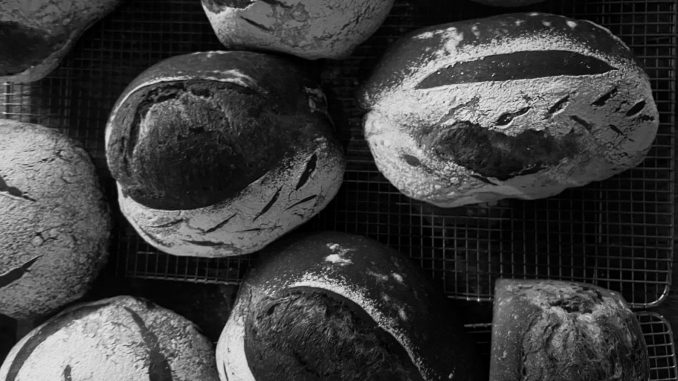
Advertisement
There are few hidden gems in Turkish marketplaces that are yet to witness so much flares and deserving boom globally despite their popularity among the traditional populace, the locals know this and would sometimes present them as the biblical widow’s myth to tourists. Oftentimes, even tourists and visitors see these treasure trove, but are swept away by the energetic atmosphere filled with chatter, crowds, and the kaleidoscope of colors and crafts in Turkey marketplaces.
5 Hidden Gems in Turkish Marketplaces
- Turkish Olive
- Natural Herbs
- Kilim
- Raki
Turkish Traditional Olive Oil
No much ado on the oil yet, but stands heads up in quality and huge utility benefits. The olive harvest which begins with the early harvest in early October by villagers who press olives in traditional stone mills.
YOU MAY LIKE: Free Contacts of Top Women’s Wholesale Jean Suppliers in Turkey
The cultural heritage embedded in these olives adds an extra layer of authenticity, making them a sought-after element in the realm of not just foods and skincare, and an ode to Turkey’s rich history.
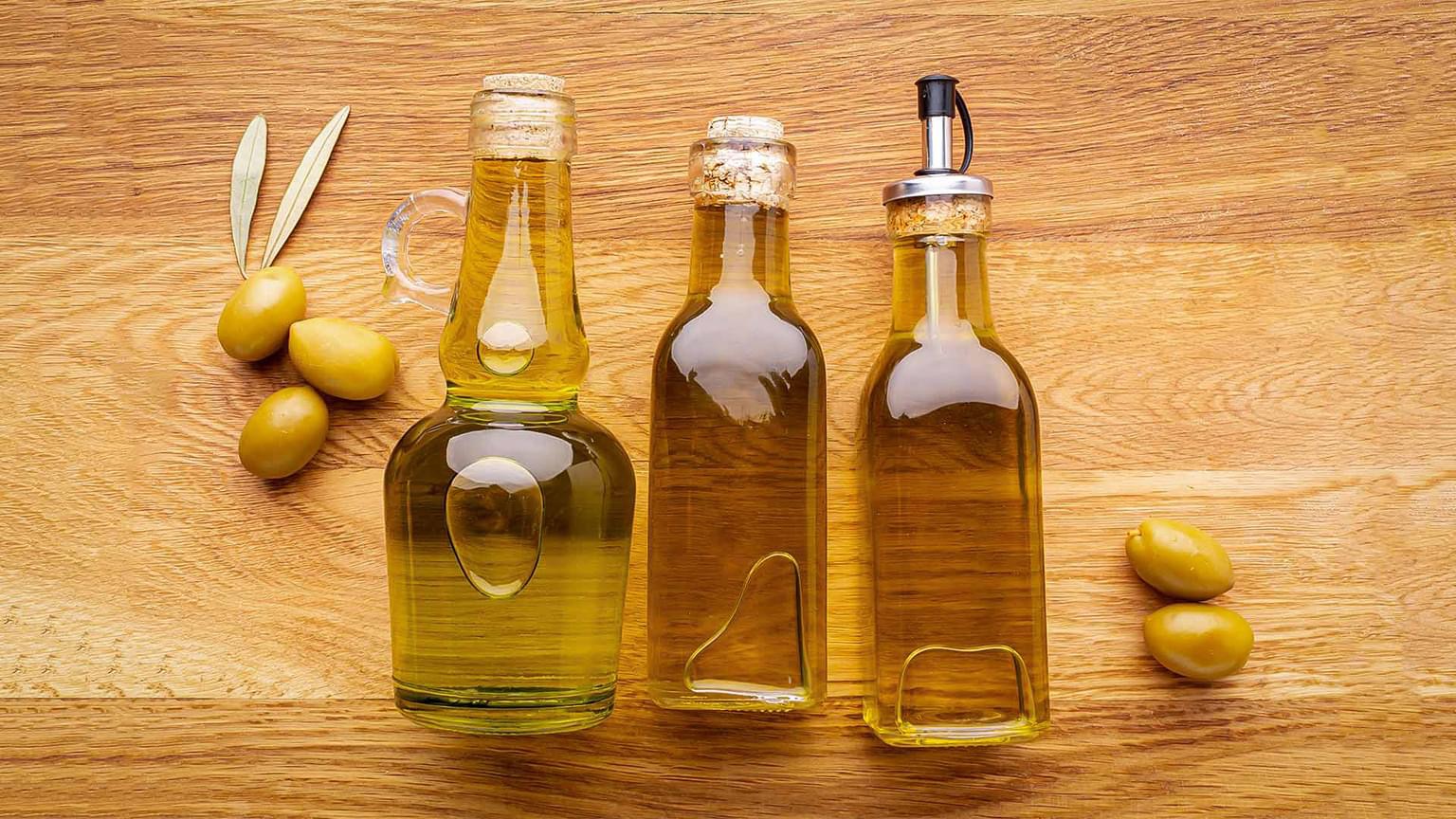
Why is Turkey’s traditional olive oil a gem ?
While Turkey may not match Italy, Spain or Greece’s global recognition for olive oil, its oil stands as a quality choice. Turkey’s Olive Oil Exports Increased by 20 Percent in the last quarter of 2020, when the pandemic peaked, olive oil made a successful entry into the 2020/21 export season.
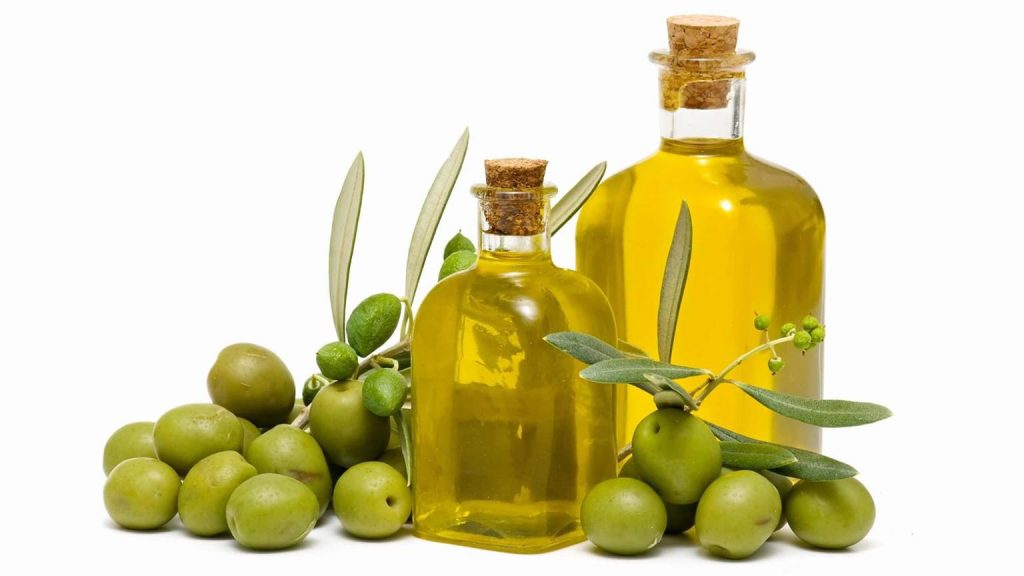
Enriched by the traditional legacy of Turkish hammams, produce like the Turkish traditional olive oil soap serves as a natural moisturizer, imparting a natural healthy radiance to the skin regardless of skin type or color which puts it up there as one of the hidden gems in Turkish marketplace.
Turkish Natural Herbs
Turkey is one of the countries with richest plant diversity in the Mediterranean. The number of plant species used in Turkey as folk remedies has recently been figured to lie over a thousand which is massive for just one country.
Researches have as well shown that over 50 natural herbal are used for teas in Turkey with one locally known as “salep” prepared from the tubers of orchids (Orchis and Ophrys) during the winter season as a protection from a bad cold. From mouth odour, to diarrhea, to cough, constipation, hairloss, forgetfulness, tooth ache, anemia, and so much more, there is at least one Turkish herbal mix littered across Turkish marketplaces at very cheap prices that helps to provide cure for them. These herbs are known to locals. See this work on Overview of medicinal plants in Turkey
Why is Turkey’s herbals a gem ?
Available data on the internet would show how production of some of these regular herbs have been progressively grown. Although the table below shows only until 2015, these herbs took center stage in Turkey post COVID.

As cultivation for these herbs grow and are made available by locals for healthy living amongst the Turkish communities, there’s reason to explore them and possibly export them as they serve as very important content for traditional tea, spices, medicines and dried food vegetables as well.

A good example of an everyday meal made with Turkish herbs is the Homemade Turkish Lahmacun (or Lahmajun-Lahmajoun) is a super-thin crispy flatbread topped with minced beef or lamb mixed with vegetables, Turkish herbs, and spices. You can find this popular street / fast food everywhere in Turkey, in restaurants, cafes, and fast-food shops.
Lahmacun (or Lahmajoun) wrap made with fresh parsley leaves, a few slices of red onions, and a squeeze of fresh lemon juice served with a glass of Ayran is the perfect lunchtime snack!
Kilim
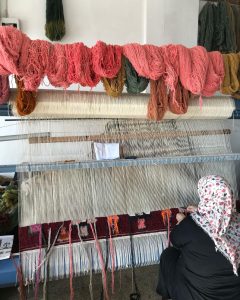
When delving into the world of Turkish gifts, one cannot overlook the cultural marvel that is the Kilim. These flat woven carpets are a vibrant tapestry of colors and intricate geometric patterns that have stood the test of time, undergoing minimal changes over the centuries.
Advertisement
Originally considered of lesser commercial value due to their shorter lifespan compared to pile carpets, kilims remained shielded from foreign competition. This isolation allowed Turks to preserve their original weaving techniques, resulting in a rich heritage that persists today. In contemporary times, kilims have shed their inferior status, with high-quality pieces now commanding a noteworthy price.
Why is Kilim considered one of the hidden gems in Turkish marketplace ?
The kilim inspired designs now sneaking into every aspect of our everyday household and fashion items will tell the story of this gem.
-

Turkish Kilim inspired sitting room
-

A set of hats with Turkish Kilim inspiration
Available in all Turkish marketplaces you walk in, cheap and having no export restrictions, the Turkish Kilim asides being in homes and fashion, has adorned mosques and churches over many decades, yet this gem is yet to be listed on the top Turkish exported items except gifting for tourists and scantly talked about which is why we it is considered one of the hidden gems in Turkish marketplace.
Raki (rakı)
A unique drink yet to be explored to the flares of alcohol lovers just like the famous Italian wines or the neighboring Greece’s Ouzu. Brands like Yeni Raki, Beylerbeyi Gobek and Kalecik Karasi, Efe Gobek, Kulup Rakisi are more popular among Turks. Often mixed with water, ice or other diluting options like cherry juice. sprite and more.

Although Raki is considered a distilled alcoholic drink, it’s taste has continued to get sweetened over time to allow for less mixing, this development may not be welcoming because it takes away the age long taste adored by many including tourists. Raki is best enjoyed in the traditional Turkish way—neat or mixed with chilled water. This timeless ritual allows the drinker to savor the rich flavors and aromas that make Raki a true symbol of Turkish conviviality and make for top hidden gems in Turkish marketplaces.
Why is Raki considered one of the hidden gems in Turkish marketplace ?
Here’s a screenshot of post from a Raki first timer on Facebook.
I would like to thank those who gave us the opportunity to drink the censored raki, which we cannot drink on Turkish television, on Italian television and introduce it to foreigners who unfortunately do not know about it. If raki were Italian, they would advertise it everywhere and present it to the whole world, it would be the most popular drink…

Raki will pass for one of the finest spirits in Europe and around the world, except for the African palm wine which capabilities is also untapped, there are few other comparisons to Raki and remains one of the hidden gems in Turkish marketplace.
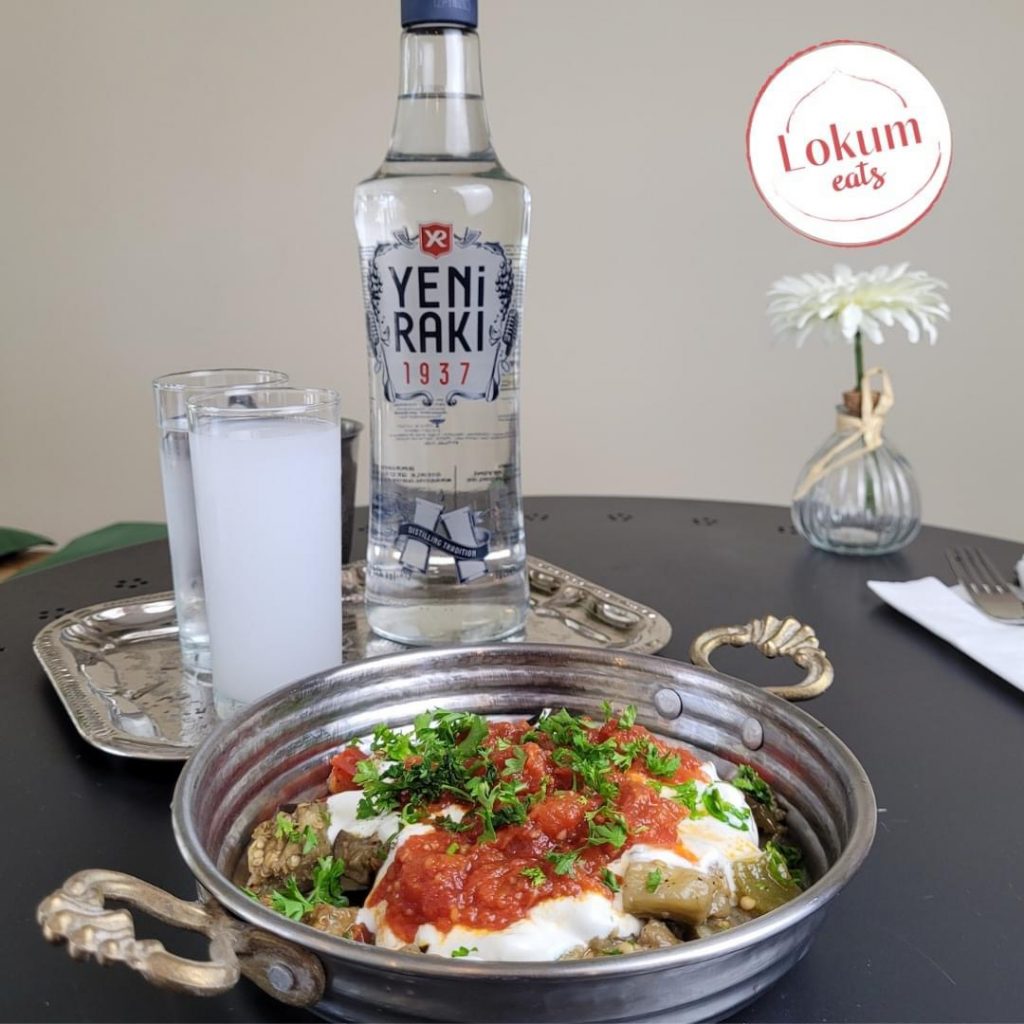
Conclusively on the hidden gems in Turkish marketplace
In exploring these Turkey’s market treasures: Raki, Olive Oil, Herbs, and Kilim where each unfolds treasures embodying the country’s rich heritage.
The Turkish Raki, an anise-flavored spirit, invites connoisseurs to savor a taste deeply intertwined with Turkish culture. Meanwhile, the golden elixir of Turkish olive oil, renowned for its purity and quality, stands as a culinary gem with a history dating back centuries and clearly sits as hidden gems in the Turkish marketplace.
The Turkish herbs too, where over a thousand species, including the winter-favorite “salep,” create loads of remedies for ailments. From mouth odour to anemia, these herbal mixes grace local marketplaces at modest prices.
Lastly, the intricate artistry of Kilim rugs beckons, each piece a testament to centuries-old weaving techniques. Beyond their visual allure, Kilims embody Turkish craftsmanship and make for cherished souvenirs. These market gems encapsulate Turkey’s essence, offering a sensory journey through its flavors, scents, and artistic traditions.
Advertisement
